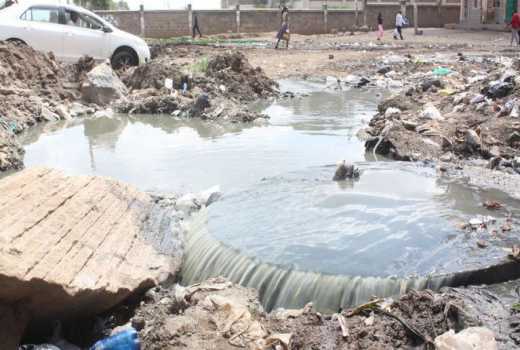×
The Standard e-Paper
Kenya’s Boldest Voice

Picture this. A housing development that might just have jumped straight out of the pages of a glossy magazine. The design is exquisite but there is a problem.
The nearest sewerage line is kilometres away. The only access is by a dusty track more suited for donkey drawn carts. So the developer puts more money building a sewage treatment plant and roads. By the time he is done, the cost of houses, which was already high, is high watering. This is the reality.